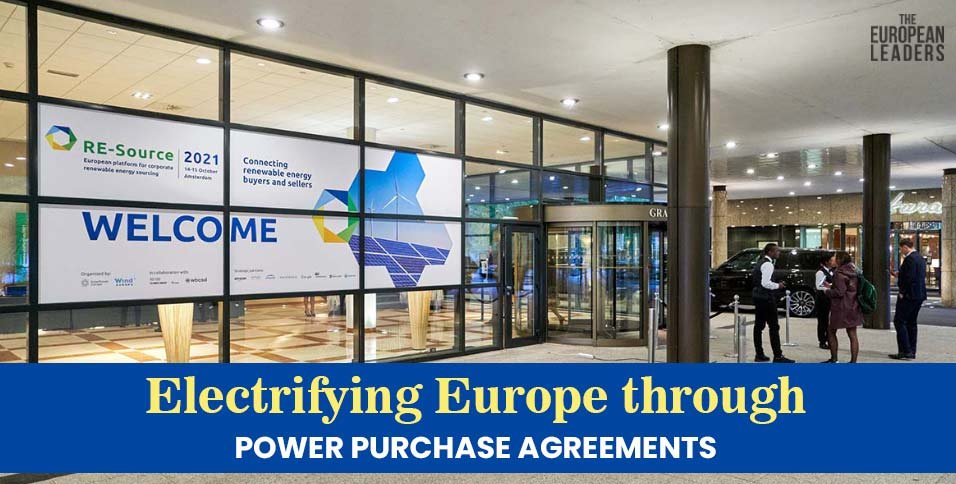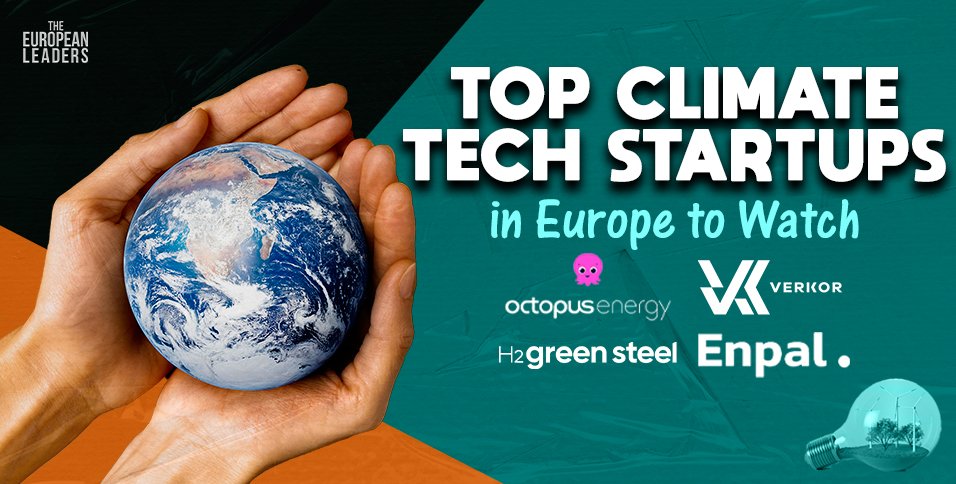A Power Purchase Agreement (PPA) typically means a lengthy electricity supply contract between two parties, typically a power generator and a client, which can be either an electricity consumer or a trader. The PPA outlines the terms of the contract, including the electricity quantity, negotiated pricing, accounting procedures, and repercussions for breaches.
The PPA landscape in Europe has evolved in recent times due to lower electricity costs and environmental objectives that have attracted more buyers. Traditionally, technology giants like Amazon and Google have dominated the PPA sector to power their data centers. However, this year has seen increased involvement from food and retail companies. In July alone, three breweries, namely Ursus Breweries, Svyturys-Utenos Alus, and Royal Grolsch, have signed agreements, as per data from S&P Global. There is a growing trend of PPAs encompassing multiple technologies over the past two years.
Transitioning to renewable energy sources, whether as an individual or a business, represents a swift and straightforward method to decrease carbon emissions. As the expenses related to renewable energy production decline, an increasing number of companies are opting for corporate PPAs to facilitate this transition.
By deploying a PPA, enterprises can establish a reliable and dependable energy source for their operations. Instead of depending solely on the grid, which might encounter interruptions or cost variations, companies can count on a steady supply of renewable energy through their PPA. This energy security not only minimizes the chances of power interruptions but also grants businesses more authority over their energy procurement approach.
Another notable benefit of PPAs for businesses lies in the possibility of cost reduction and price consistency. Through the commitment of long-term contracts, companies can secure advantageous electricity rates, safeguarding themselves against unpredictable market shifts. This steadiness facilitates improved financial planning and budgeting, leading to more foreseeable operational expenses.
There are various types of PPAs suitable to different projects. For example, an on site PPA, an off site PPA, virtual PPA, Portfolio PPA, Block Delivery PPA, Physical Delivery PPA, etc. Extended PPAs are commonly employed for substantial projects like large-scale solar farms, which have a lifespan exceeding 25 years. On the other hand, short-term PPAs find application in smaller projects, such as commercial and industrial solar setups with limited budgets, and their durations can range from several months to a few years.
Needless to say, to decide which is the most suitable to you model requires personal research and legal consultation.
Also Read: What the businesses of UK can do about the rising cost of living








